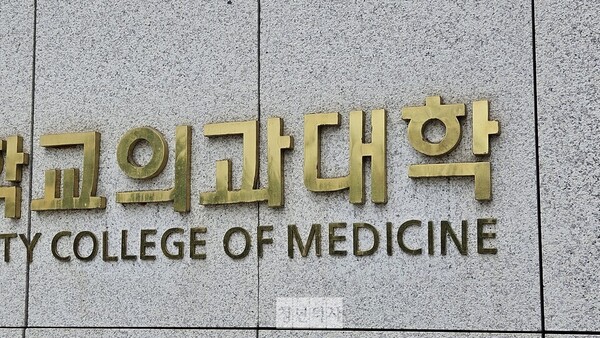Citing a survey result, an opposition lawmaker stressed the need to establish public medical schools and introduce a regional physician system to fill the void in regional and essential medical care.
Rep. Park Hee-seung of the Democratic Party of Korea (DPK), a member of the National Assembly's Health and Welfare Committee, said a survey conducted by T-Bridge Corporation conducted from Sept. 9 to 10 on 500 people aged 18 and older nationwide showed overwhelming support for establishing public medical schools.

According to the survey results released on Thursday, 74.3 percent of respondents said they “agree” that establishing a public medical school would solve the problem of medical blind spots (95 percent confidence level with a sampling error of ±4.4 percentage points), and 80.6 percent also “agreed” that expanding public healthcare would contribute to promoting the public health.
The top priority for public healthcare was to increase the number of local healthcare workers (54.1 percent), followed by expanding the number of medical schools (22.2 percent) and establishing public hospitals (17.6 percent).
Also, 81.9 percent of respondents said it was “necessary” to expand the number of medical students to recruit doctors to work in medically underserved areas and public healthcare organizations. Emergency medicine was the top priority in establishing public hospitals, with 66.2 percent of respondents saying it was necessary. This was followed by geriatric care at 14.1 percent and maternal and neonatal care at 11.8 percent.
Notably, 87.5 percent of respondents agreed with mandatory community service for a time after graduating from public medical school. In addition, 75.7 percent of the respondents agreed with the policy of selecting local talents, and 85.1 percent rated the impact of establishing additional public hospitals in the region as “positive.” When asked if the government should provide financial support to expand public healthcare, 87.2 percent said “yes.”
“The public, essential, and regional medical infrastructure is being shaken to the core due to the Yoon Suk Yeol government's ‘lack of principle, non-communication and blind faith packaged as science,’” Rep. Park said. “The government's healthcare reform has lost momentum in the face of impeachment charges. Alternatives need to be explored, including the establishment of public medical schools. The government needs to change its stance on this.”
Rep. Park, who introduced the “Bill on Establishment and Operation of Public Health and Medical Universities (Public Medical University Act)” in the 21st National Assembly, has also re-introduced it in the ongoing 22nd Assembly. The bill is pending in the Second Subcommittee on Bill Review.
The bill allows the central and local governments to establish and operate public health and medical universities, which would foster public health and medical personnel and reduce regional disparities in medical services.
It also allows public health medical universities to have medical schools and graduate schools of medicine. Instead of paying for admission fees, tuition, textbooks, dormitory fees, and other study expenses, the proposed schools will obligate graduates to provide 10 years of compulsory service after obtaining a medical license.

